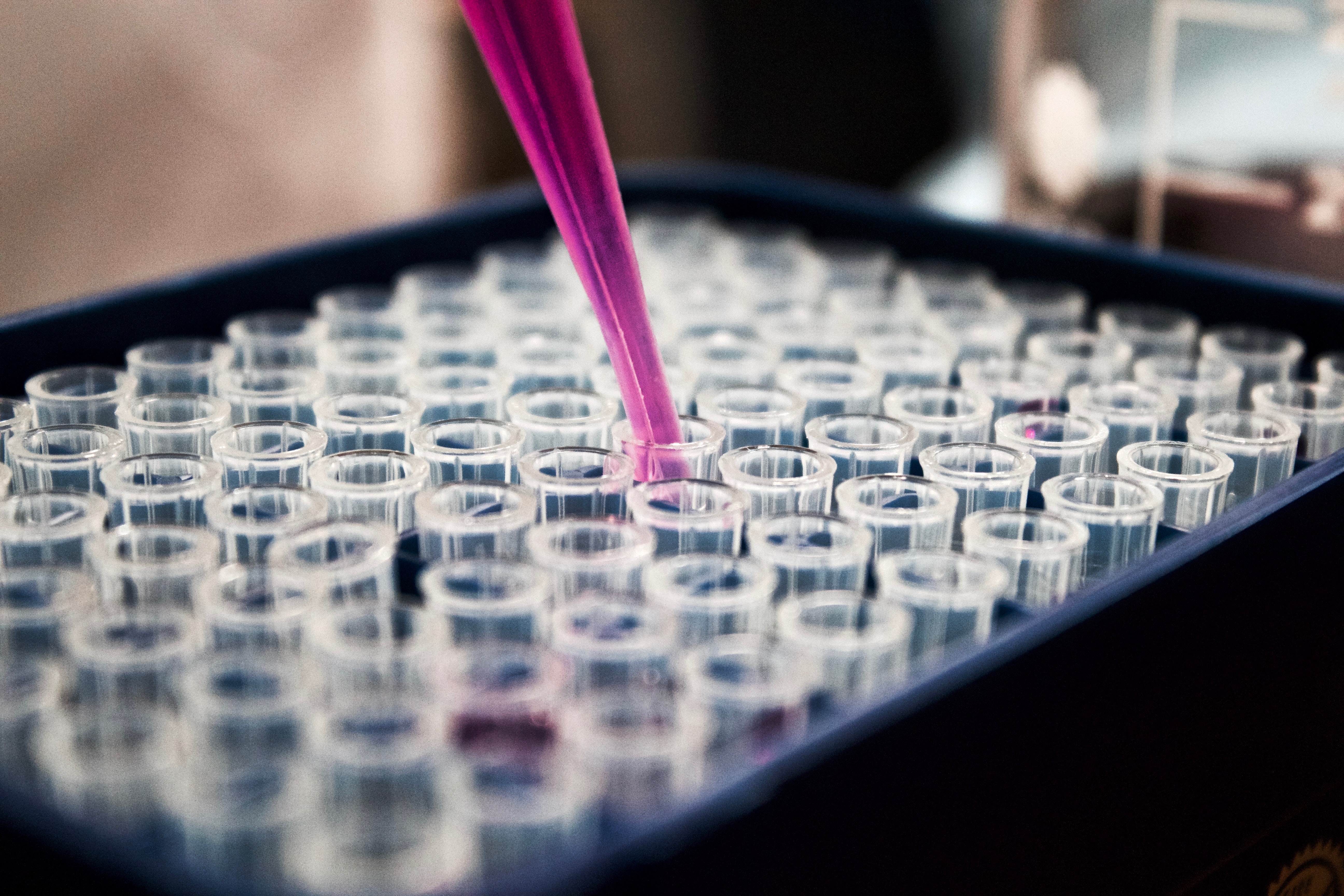Genetic paparazzi are right around the corner, and courts aren’t ready to confront the legal quagmire of DNA theft
By Liza Vertinsky and Yaniv Heled,
The Conversation
| 06. 03. 2022
Photo by Louis Reed on Unsplash
Every so often stories of genetic theft, or extreme precautions taken to avoid it, make headline news. So it was with a picture of French President Emmanuel Macron and Russian President Vladimir Putin sitting at opposite ends of a very long table after Macron declined to take a Russian PCR COVID-19 test. Many speculated that Macron refused due to security concerns that the Russians would take and use his DNA for nefarious purposes. German Chancellor Olaf Scholz similarly refused to take a Russian PCR COVID-19 test.
While these concerns may seem relatively new, pop star celebrity Madonna has been raising alarm bells about the potential for nonconsensual, surreptitious collection and testing of DNA for over a decade. She has hired cleaning crews to sterilize her dressing rooms after concerts and requires her own new toilet seats at each stop of her tours.
At first, Madonna was ridiculed for having DNA paranoia. But as more advanced, faster and cheaper genetic technologies have reached the consumer realm, these concerns seem not only reasonable, but...
Related Articles
By Diaa Hadid and Shweta Desai, NPR | 01.29.2026
MUMBRA, India — The afternoon sun shines on the woman in a commuter-town café, highlighting her almond-shaped eyes and pale skin, a look often sought after by couples who need an egg to have a baby.
"I have good eggs,"...
By George Janes, BioNews | 01.12.2026
A heart attack patient has become the first person to be treated in a clinical trial of an experimental gene therapy, which aims to strengthen blood vessels after coronary bypass surgery.
Coronary artery bypass surgery is performed to treat...
By Staff, ScienceDaily | 01.05.2026
Scientists at UNSW Sydney have developed a new form of CRISPR technology that could make gene therapy safer while also resolving a decades-long debate about how genes are switched off. The research shows that small chemical markers attached to DNA
...
Following a long-standing CGS tradition, we present a selection of our favorite Biopolitical Times posts of the past year.
In 2025, we published up to four posts every month, written by 12 authors (staff, consultants and allies), some in collaboration and one simply credited to CGS.
These titles are presented in chronological order, except for three In Memoriam notices, which follow. Many more posts that are worth your time can be found in the archive. Scroll down and “VIEW...




